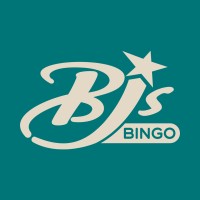
Virginia Lottery
At the Virginia Lottery, we take playing seriously. Fun matters. Excitement matters. And so does the education of Virginia's youngest residents. It's the reason we play so enthusiastically. Every time you scratch a ticket or pick your numbers for the big jackpot, you are creating winners in education all over Virginia. In Fiscal Year 2024, the Lottery contributed more than $934 million to Virginia's public schools.






